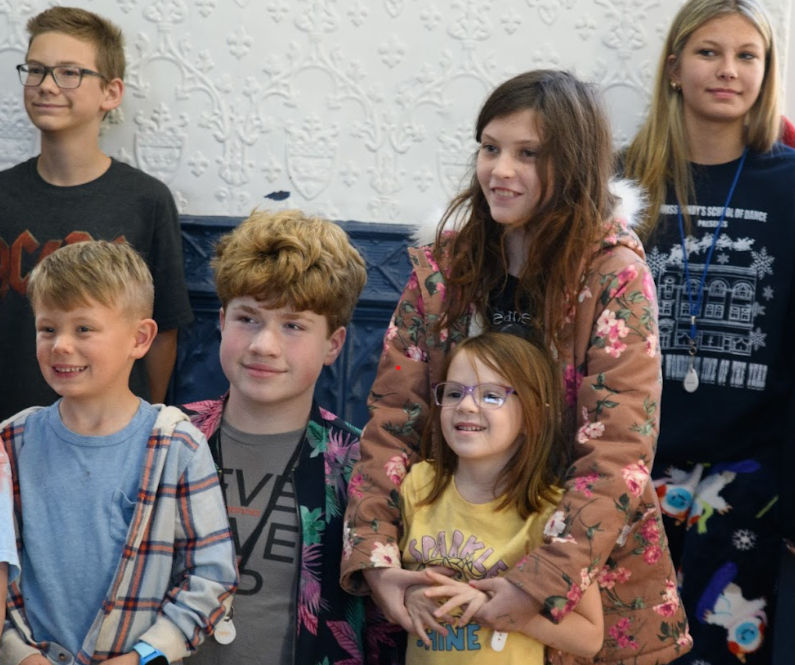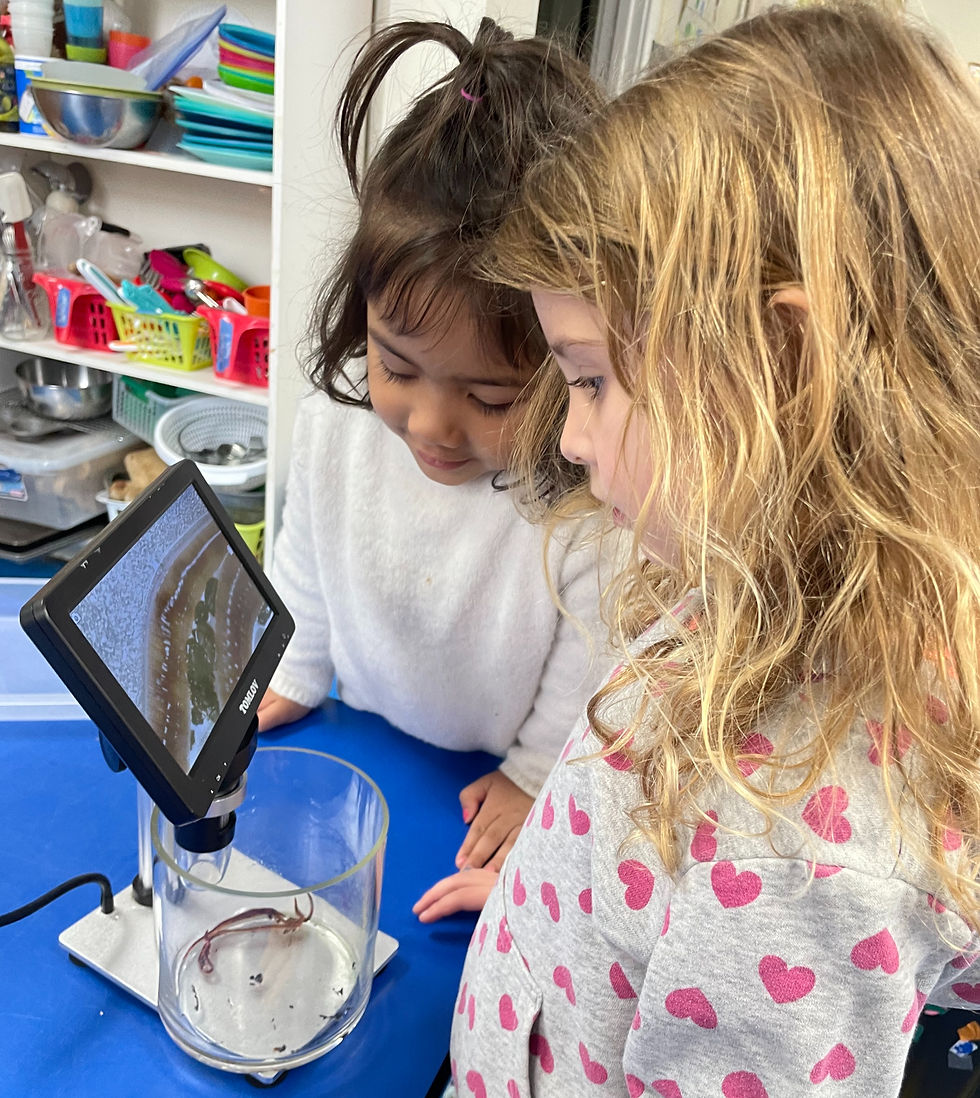Project-Based Learning with Quaker Values: A School Where Every Voice Matters
- UFS Editorial
- Aug 19, 2025
- 2 min read
Updated: Oct 30, 2025
In classrooms today, it’s easy for busy schedules, assignments, and tests to overshadow the deeper purpose of education: helping students develop the confidence to think critically, collaborate meaningfully, and take responsibility for their learning. One approach that supports these goals is project-based learning (PBL), where students explore real-world problems through hands-on projects that engage both their curiosity and their sense of community. At
United Friends School, a Quaker School in Haverford, PA, project-based learning is woven into the fabric of daily learning, giving students opportunities to engage fully while practicing essential skills for life beyond the classroom.

When combined with Quaker values such as equality, respect, and integrity, PBL becomes more than a teaching method. It becomes a practice in listening, reflecting, and including every voice.
Every Voice Matters
One of the core principles in Quaker education is that everyone’s perspective is valuable. In a PBL setting, this principle translates into classrooms where students take turns sharing ideas, negotiating solutions, and deciding how to approach challenges together. Every contribution is integral to the project, reinforcing that learning is a collective effort.
At United Friends School, for example, students working on a class research project or service initiative are encouraged to share their unique perspectives, ensuring that decisions are made collaboratively rather than being dominated by one voice. This approach builds both confidence and empathy, giving students the experience of being heard and of hearing others.

Collaboration Grounded in Values
Project-based learning naturally involves complexity, as students bring different skills and ideas to the table. When guided by Quaker values, collaboration is framed around respect, fairness, and integrity. Students learn to approach disagreements thoughtfully, support one another, and reflect on how their choices impact the group.
These experiences teach something beyond the content of the project, they help students develop habits of responsible citizenship and emotional intelligence, skills that matter long after the classroom project is complete.

Learning by Doing, Reflecting, and Growing
Projects at UFS can range from creative design challenges to environmental studies or community service initiatives. Students are encouraged to act on their ideas, test solutions, and reflect on both the process and the outcomes. Reflection—an essential element of Quaker education—invites students to consider what worked, what didn’t, and how their collaboration shaped the project. This practice reinforces that learning is not only about completing a project but also about listening, engaging, and making thoughtful decisions together.

What This Means for Students
When project-based learning is paired with a values-driven approach, education becomes a practice in inclusion, collaboration, and reflection. Students experience firsthand how listening to and learning from one another strengthens both understanding and community.
At United Friends School, these principles guide everyday learning, offering students the tools to contribute meaningfully and to respect the contributions of others.
Curious how project-based learning and Quaker values shape learning in our classrooms? Come visit and see our students engage, explore, and grow firsthand. Schedule a tour below!
.jpg)



Comments